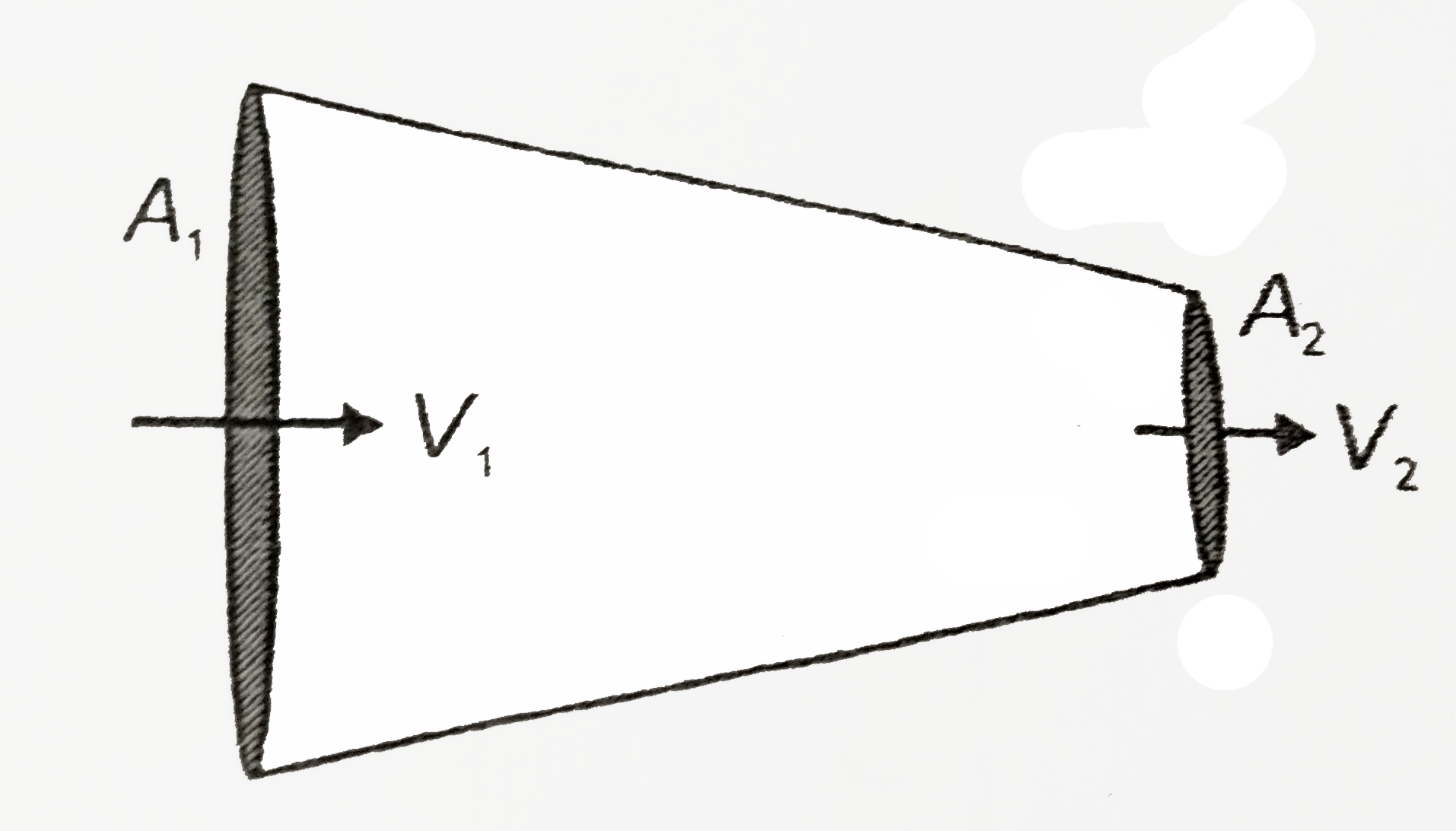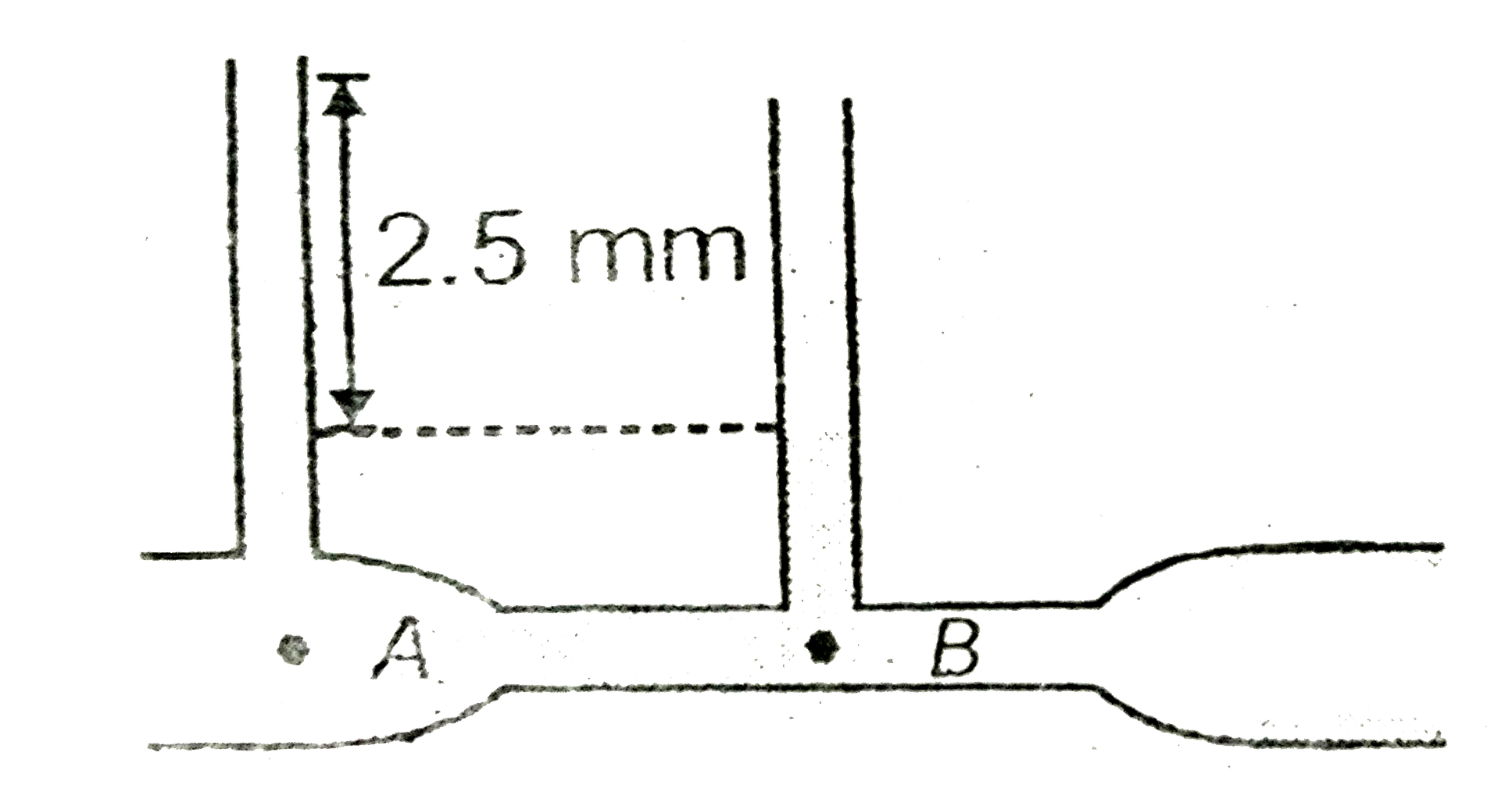Calculate the rate of flow of glycerin of density through the conical section of a pipe, if the radii of its ends are m and m and the pressure drop across its length is .
The correct Answer is:B
Step by step video, text & image solution for Calculate the rate of flow of glycerin of density 1.25xx10^(3) kg m^(-3) through the conical section of a pipe, if the radii of its ends are 0.1 m and 0.04 m and the pressure drop across its length is 10 Nm^(-2). by Physics experts to help you in doubts & scoring excellent marks in Class 12 exams.
Updated on:21/07/2023Topper's Solved these Questions
Similar Questions
Calculate the rate of flow of glycerine of density 1.25×103kg/m3 through the conical section of a pipe if the radii of its ends are 0.1m and 0.04 m and the pressure drop across its lengths is 10N/m2.
View SolutionCalculate the rate of flow of glycerine of density 1.20 ×103kg/m3 through the conical section of a pipe. If the radii of its ends are 0.1 m and 0.02 m and the pressure drop across the length is 10 Nm2.

View Solution
Knowledge Check
The radii of curvatures of a convex lens are 0.04 m and 0.04m. Its refractive index is 1.5. Its focal length is
A0.04 mB0.4 mC4mD40 mA thick rope of rubber of density 1.5×103kgm−3 and Young's modulus 5×106Nm−2, 8 m in length, when hung from ceiling of a room, the increases in length due to its own weight is
A96×10−3mB19.2×10−5mC9.4cmD9.6mTo what height does a liquid of density 0.4×103 kg m−3 and surface tension 0.05 Nm−1 rise in a capillary tube of radius 0.2 mm when dipped in ? [Given cosθ=0.4g=10ms−2]
A25 cmB15 cmC5 cmD20 cm
Calculate the rate of flow of glycerine of density. 1.25×103kg/m3 through the conical section of a pipe. If the radii of its ends are 1.0m and 0.04m and the pressure drop across its length is 10N/m2.
View SolutionIn the figure shown below, a fluid of density 2×103 kg m−3 is flowing in a horizontal pipe. The speed of water at point A is 4 cm s−1, what is its speed at point B?

View SolutionCalculate the moment of inertia of a cylinder of length 1.5m, radius 0.05m and density 8×103kg/m3 about the axis of the cylinder.
View SolutionCalculate the rate of flow (volume per second) of a liquid through a capillary tube of diameter 0.20×10−3m and length 1m,η=3.00×10−5Nm−2s and pressure gradient = 10 atm.
View SolutionA conductor of mass 0.50 kg and density 9×103kgm−3 has a resistance of 0.015Ω . Calculate the length of the conductor if its shape is cylindrical and the resistivity of its material is 1.8×10−7Ωm.
View Solution
